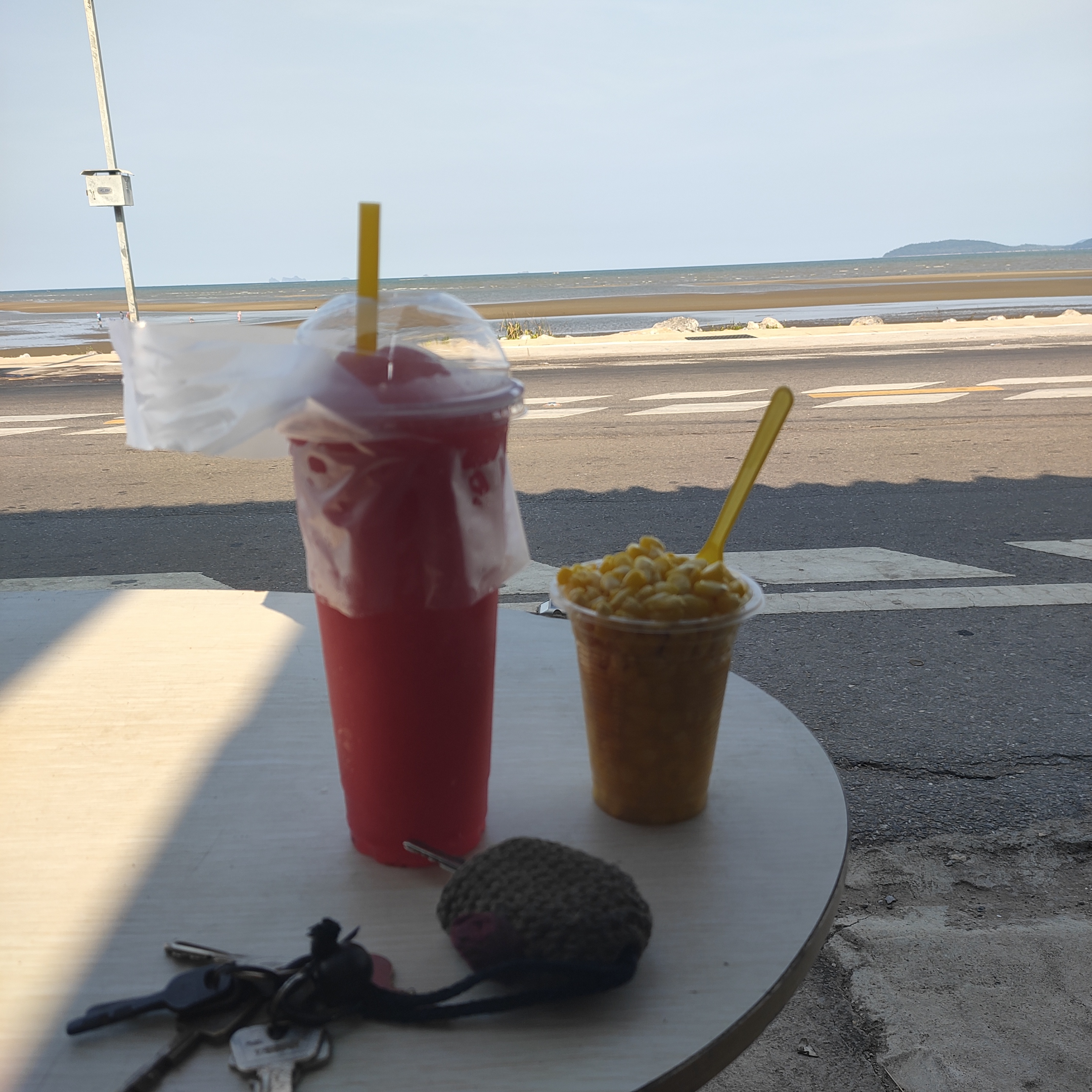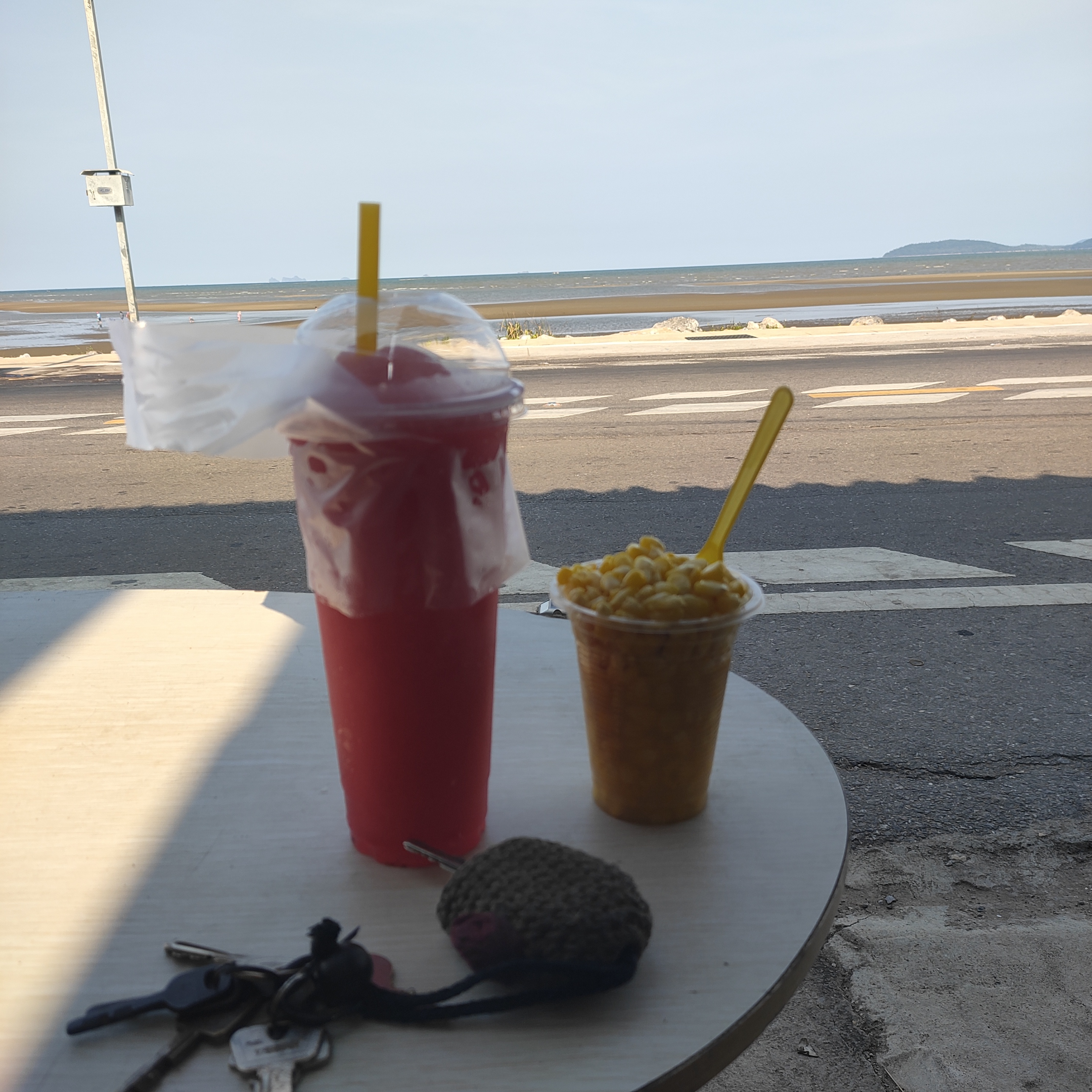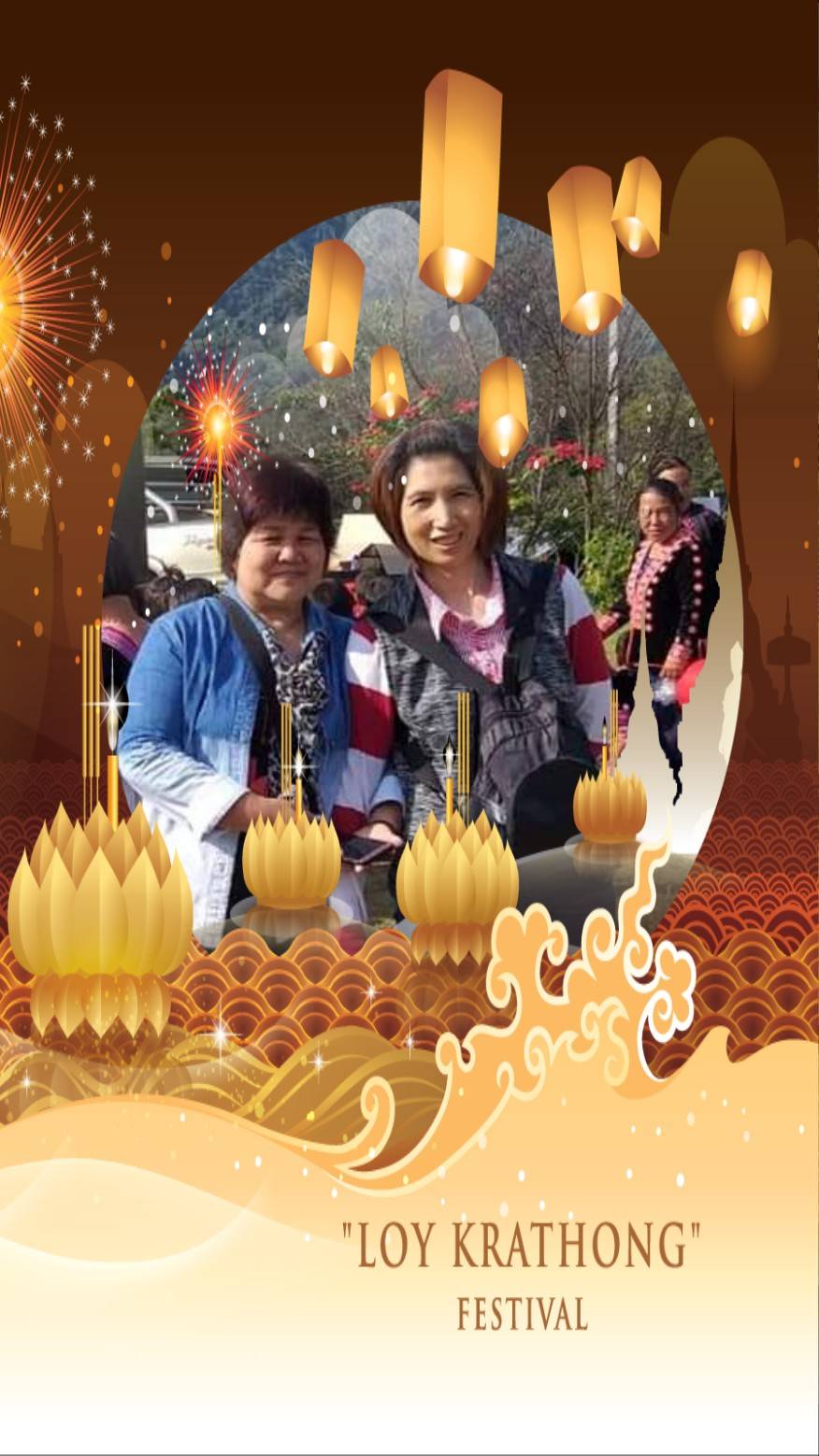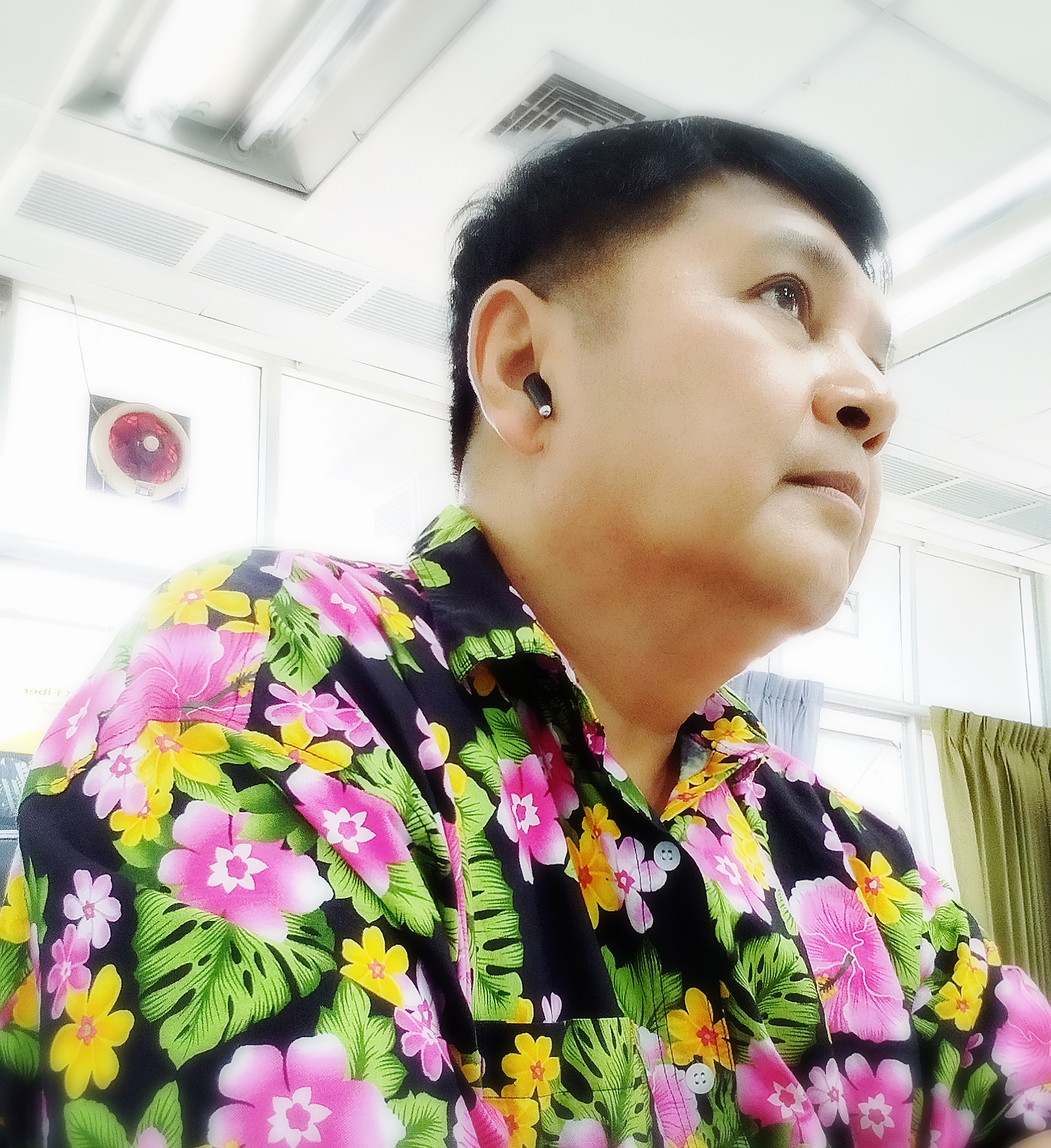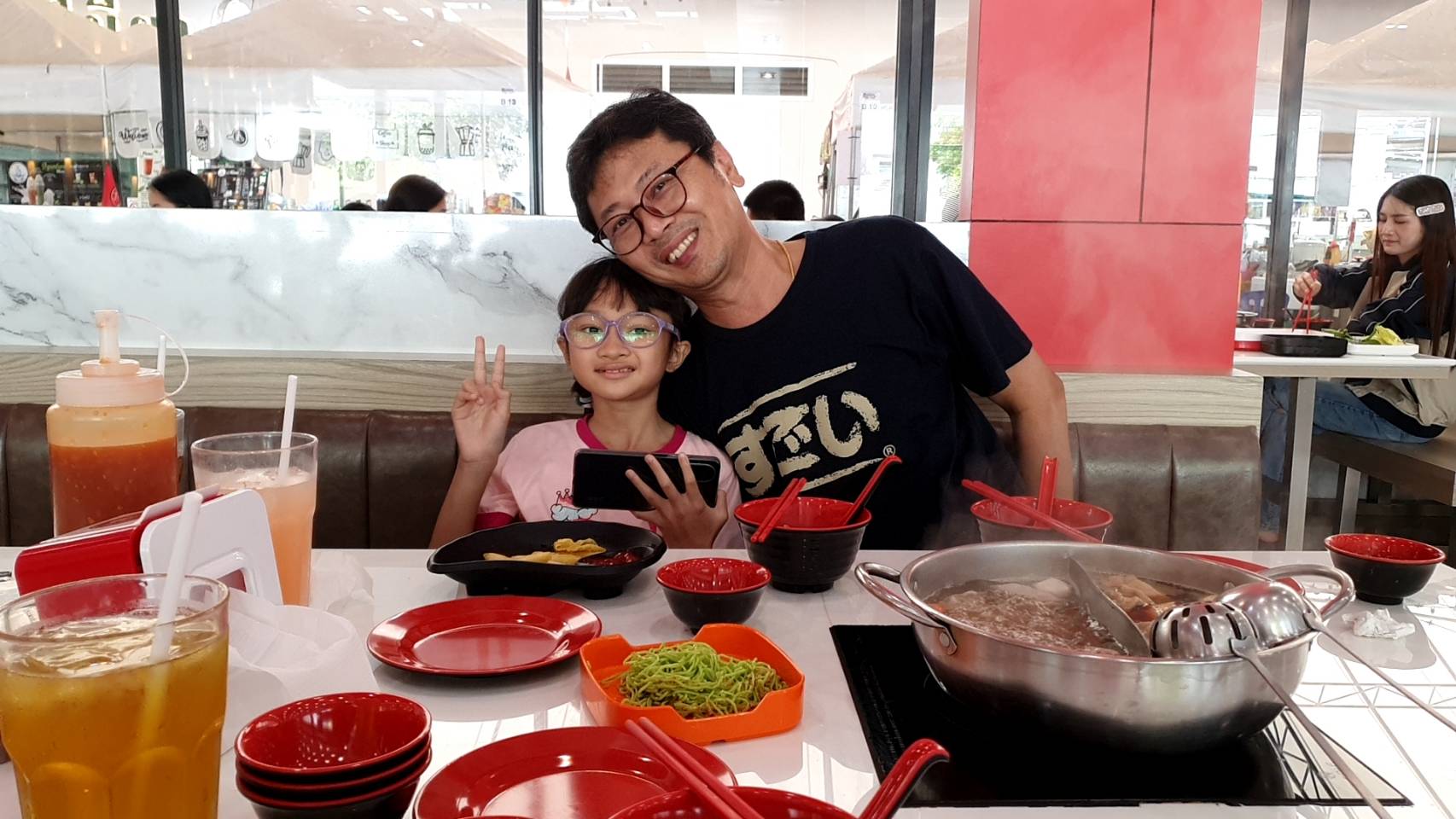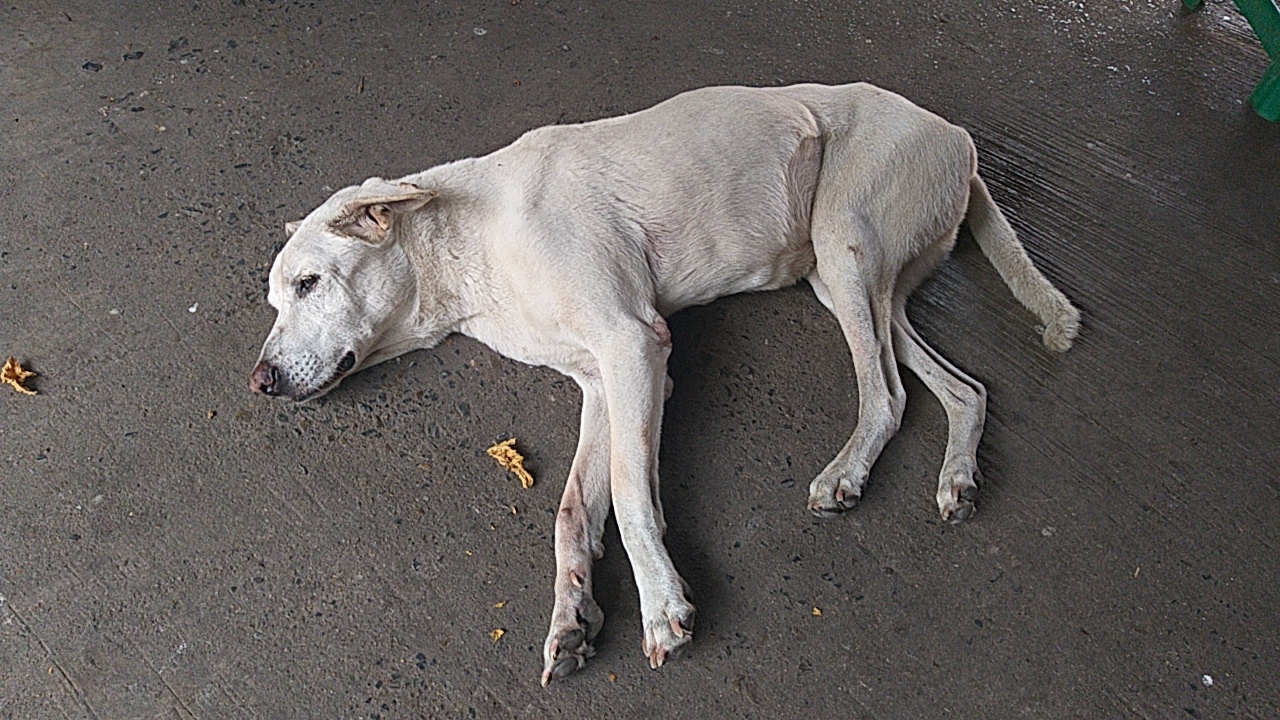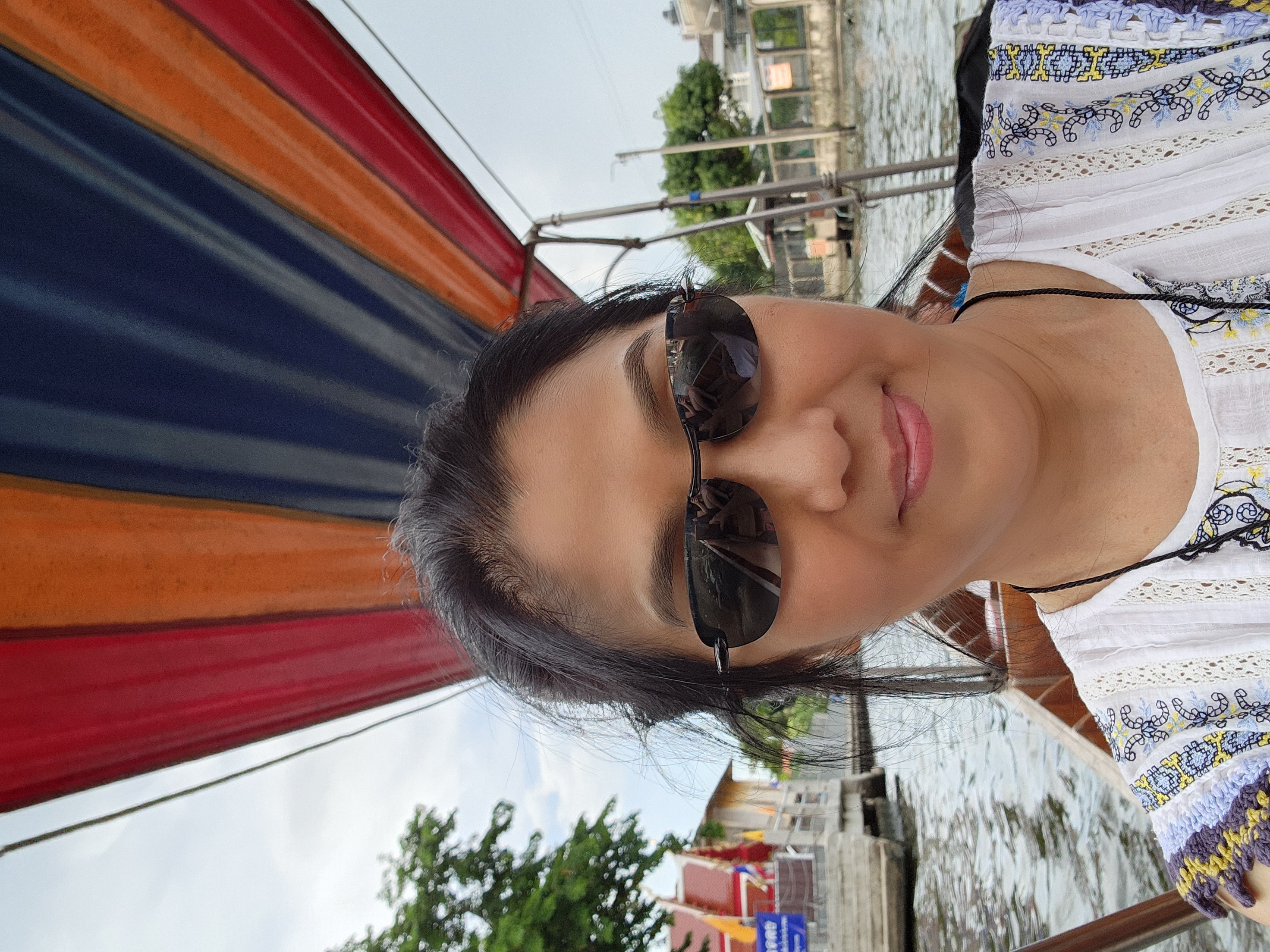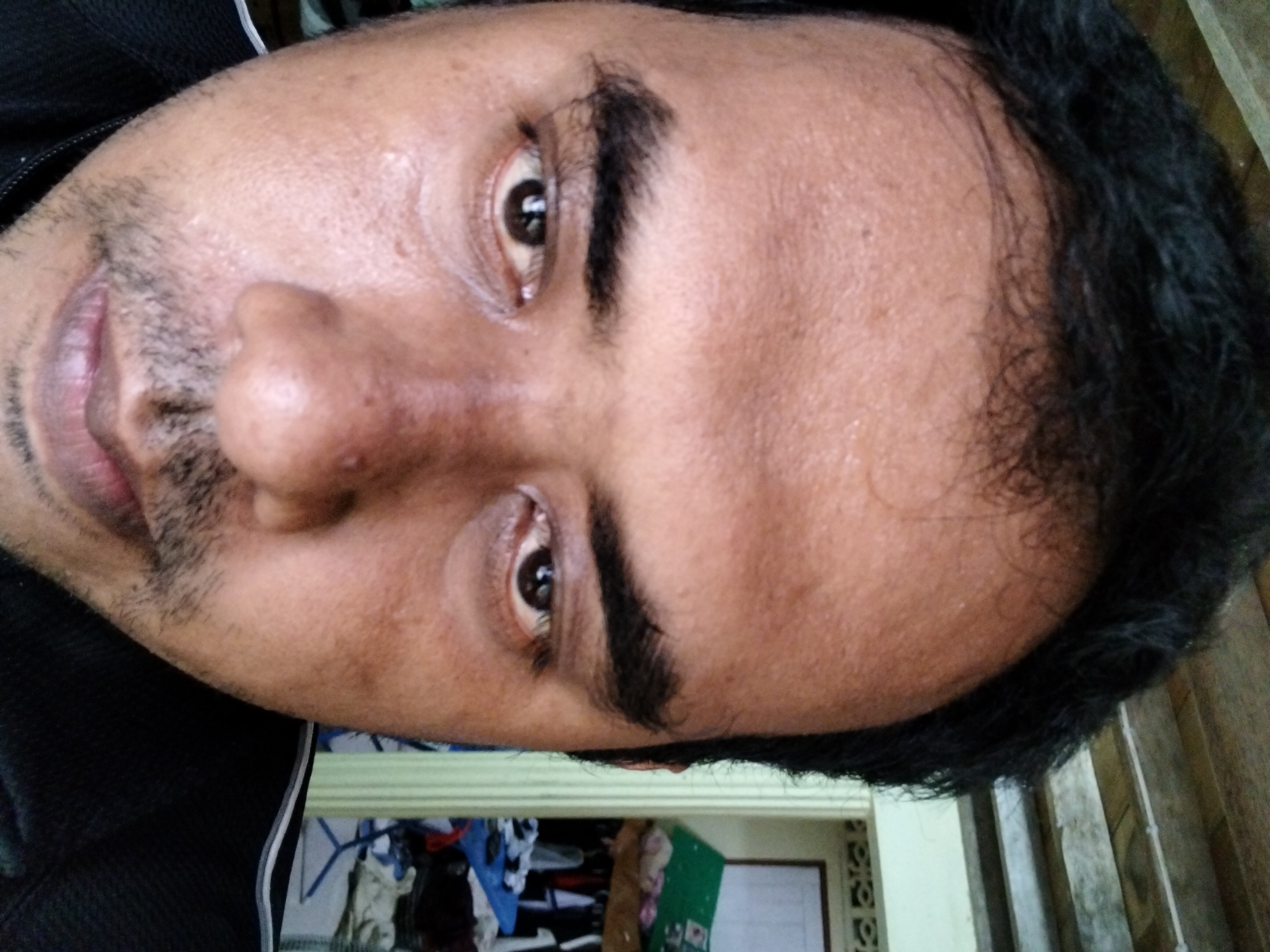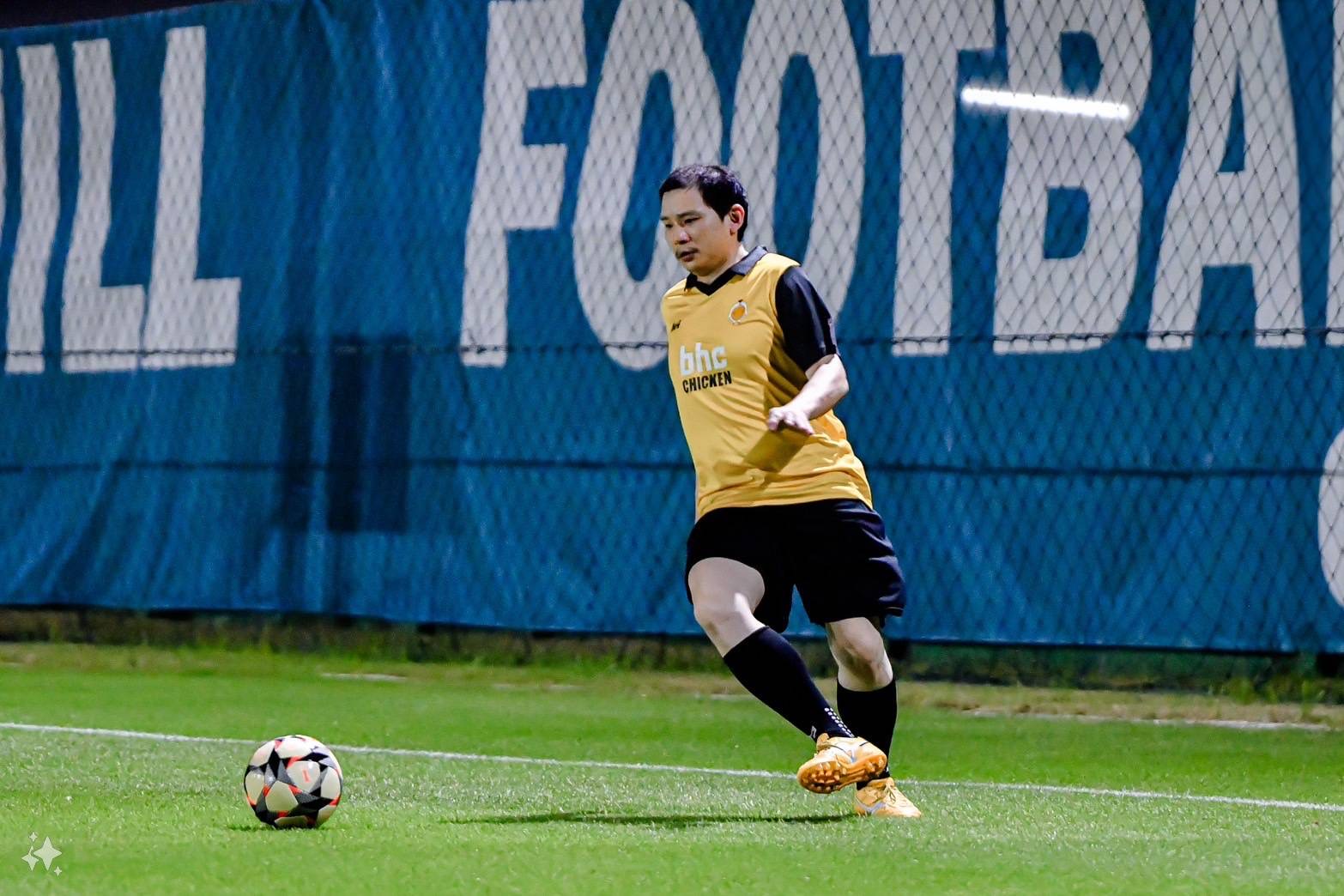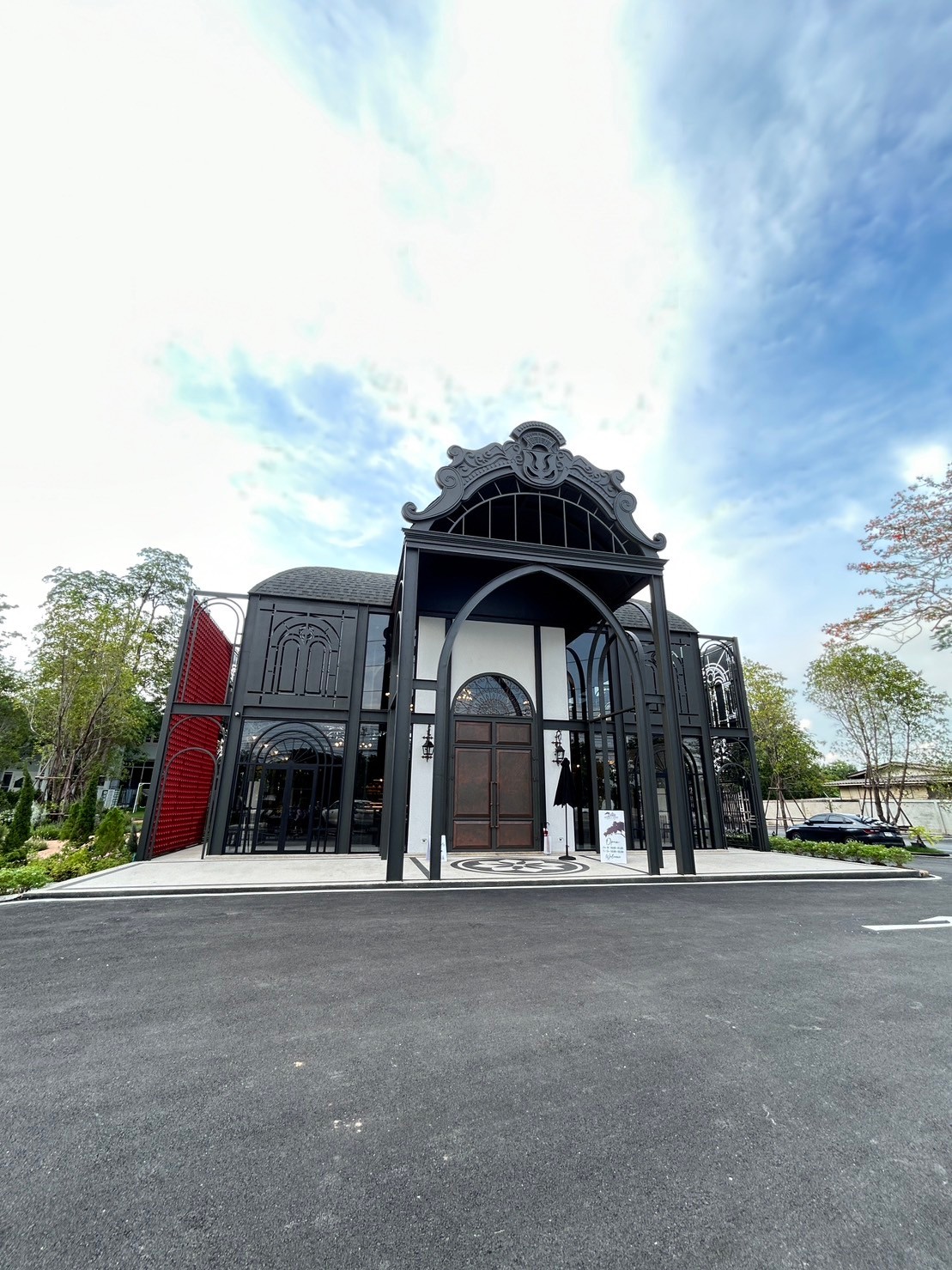0 ความคิดเห็น
0 การแบ่งปัน
52 มุมมอง
0 รีวิว

รายการ
ค้นพบผู้คนใหม่ๆ สร้างการเชื่อมต่อใหม่ๆ และรู้จักเพื่อนใหม่
- กรุณาเข้าสู่ระบบเพื่อกดถูกใจ แชร์ และแสดงความคิดเห็น!
- 0 ความคิดเห็น 0 การแบ่งปัน 53 มุมมอง 0 รีวิว
- 0 ความคิดเห็น 0 การแบ่งปัน 113 มุมมอง 0 รีวิว
- 0 ความคิดเห็น 0 การแบ่งปัน 112 มุมมอง 0 รีวิว
-
-
- 0 ความคิดเห็น 0 การแบ่งปัน 147 มุมมอง 0 รีวิว
- 0 ความคิดเห็น 0 การแบ่งปัน 133 มุมมอง 0 รีวิว1

- 0 ความคิดเห็น 0 การแบ่งปัน 153 มุมมอง 0 รีวิว
- 0 ความคิดเห็น 0 การแบ่งปัน 123 มุมมอง 0 รีวิว1

- 0 ความคิดเห็น 0 การแบ่งปัน 156 มุมมอง 0 รีวิว
- 0 ความคิดเห็น 0 การแบ่งปัน 46 มุมมอง 0 รีวิว
- 0 ความคิดเห็น 0 การแบ่งปัน 120 มุมมอง 0 รีวิว
- 0 ความคิดเห็น 0 การแบ่งปัน 132 มุมมอง 0 รีวิว
- 0 ความคิดเห็น 0 การแบ่งปัน 117 มุมมอง 0 รีวิว
- 0 ความคิดเห็น 0 การแบ่งปัน 170 มุมมอง 0 รีวิว
- ขายที่ดิน ต.ท่าบุญมี อ.เกาะจันทร์ จ.ชลบุรี ยกแปลงครับ ที่สวยราคาไม่แพง สนใจ0933144150 โจครับขายที่ดิน ต.ท่าบุญมี อ.เกาะจันทร์ จ.ชลบุรี ยกแปลงครับ ที่สวยราคาไม่แพง สนใจ0933144150 โจครับ0 ความคิดเห็น 0 การแบ่งปัน 489 มุมมอง 0 รีวิว1

- แม่งทำตัวเป็นเจ้าของแผ่นดิน ด้วยหัวใจเถื่อนดิบ
อย่างหน้าด้าน
พยายามสร้างระบบเงินตราใหม่ แข่งบาทไทย
เปิดบ่อนคาสิโน ถูกกฎหมาย 8 แห่ง
หาประโยชน์ส่วนตัว
เพื่อฟอกเงิน
ให้ต่างชาติเช่าคอนโดมิเนียบได้ 75 %
เช่าที่ 99 ปี ขายแผ่นดิน !
แบ่งครึ่งทรัพยากรพลังงานใต้ทะเลกับ กัมพูชา (อ้างพื้นที่ทับซ้อนที่ไม่มี)
แก้รัฐธรรมนูญ และ ระเบียบราชทัณฑ์
เพื่อประโยชน์ส่วนตัว
ทั้งหลายทั้งปวง ไม่มีอะไรที่ทำเพื่อประเทศชาติ ประชาชนเลย
แก็ซน้ำมัน ยังแพงบรรลัย ด้วยโครงสร้างราคาที่ผิดเป็นที่ประจักษ์
ค่าไฟฟ้า ก็แพงผิดปกติ ด้วยค่าพร้อมจ่าย
บัดซบ
ทุนนิยมผูกขาด ยังคงเอาเปรียบคนไทยไม่
สิ้นสุด
เป็นบ้าไปแล้วหรือคนไทย
ผู้ยากไร้ ถึงปล่อยให้สถานการณ์เลวร้ายเช่นนี้คอย ดูดเลือดเนื้อพี่น้องได้ยาวนาน ถึงเพียงนี้
ฯลฯ
แม่งกวักมือเรียกรัฐประหาร อย่างหลีกเลี่ยงได้ยาก
ขณะที่ขายแผ่นดิน ทีละชิ้น จนสิ้นชาติ
มีหนทางใดที่ประชาชน
คนกล้า ไม่ต้องลงถนน
ต่อต้านบ้าง !
@“จันผา”
21 กันยายน 2564แม่งทำตัวเป็นเจ้าของแผ่นดิน ด้วยหัวใจเถื่อนดิบ อย่างหน้าด้าน พยายามสร้างระบบเงินตราใหม่ แข่งบาทไทย เปิดบ่อนคาสิโน ถูกกฎหมาย 8 แห่ง หาประโยชน์ส่วนตัว เพื่อฟอกเงิน ให้ต่างชาติเช่าคอนโดมิเนียบได้ 75 % เช่าที่ 99 ปี ขายแผ่นดิน ! แบ่งครึ่งทรัพยากรพลังงานใต้ทะเลกับ กัมพูชา (อ้างพื้นที่ทับซ้อนที่ไม่มี) แก้รัฐธรรมนูญ และ ระเบียบราชทัณฑ์ เพื่อประโยชน์ส่วนตัว ทั้งหลายทั้งปวง ไม่มีอะไรที่ทำเพื่อประเทศชาติ ประชาชนเลย แก็ซน้ำมัน ยังแพงบรรลัย ด้วยโครงสร้างราคาที่ผิดเป็นที่ประจักษ์ ค่าไฟฟ้า ก็แพงผิดปกติ ด้วยค่าพร้อมจ่าย บัดซบ ทุนนิยมผูกขาด ยังคงเอาเปรียบคนไทยไม่ สิ้นสุด เป็นบ้าไปแล้วหรือคนไทย ผู้ยากไร้ ถึงปล่อยให้สถานการณ์เลวร้ายเช่นนี้คอย ดูดเลือดเนื้อพี่น้องได้ยาวนาน ถึงเพียงนี้ ฯลฯ แม่งกวักมือเรียกรัฐประหาร อย่างหลีกเลี่ยงได้ยาก ขณะที่ขายแผ่นดิน ทีละชิ้น จนสิ้นชาติ มีหนทางใดที่ประชาชน คนกล้า ไม่ต้องลงถนน ต่อต้านบ้าง ! @“จันผา” 21 กันยายน 25640 ความคิดเห็น 0 การแบ่งปัน 301 มุมมอง 0 รีวิว - 0 ความคิดเห็น 0 การแบ่งปัน 37 มุมมอง 0 รีวิว
- 0 ความคิดเห็น 0 การแบ่งปัน 45 มุมมอง 0 รีวิว
-
- 0 ความคิดเห็น 0 การแบ่งปัน 147 มุมมอง 0 รีวิว
- 0 ความคิดเห็น 0 การแบ่งปัน 128 มุมมอง 0 รีวิว
- 0 ความคิดเห็น 0 การแบ่งปัน 60 มุมมอง 143 0 รีวิว






